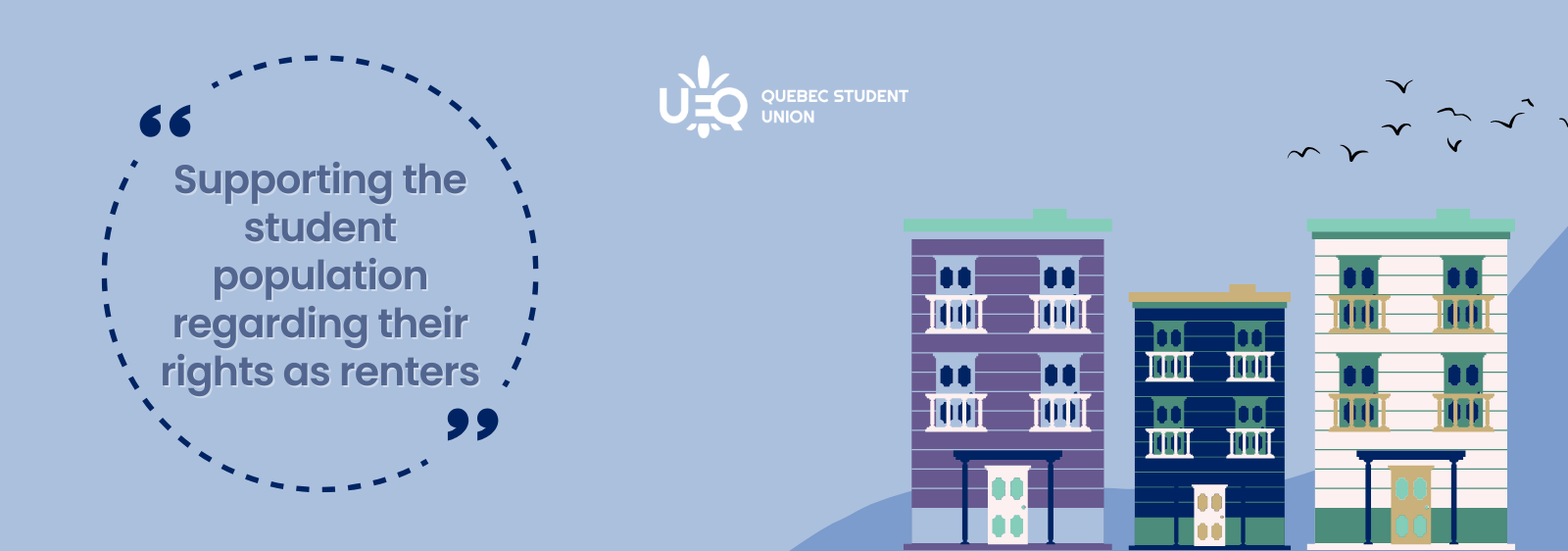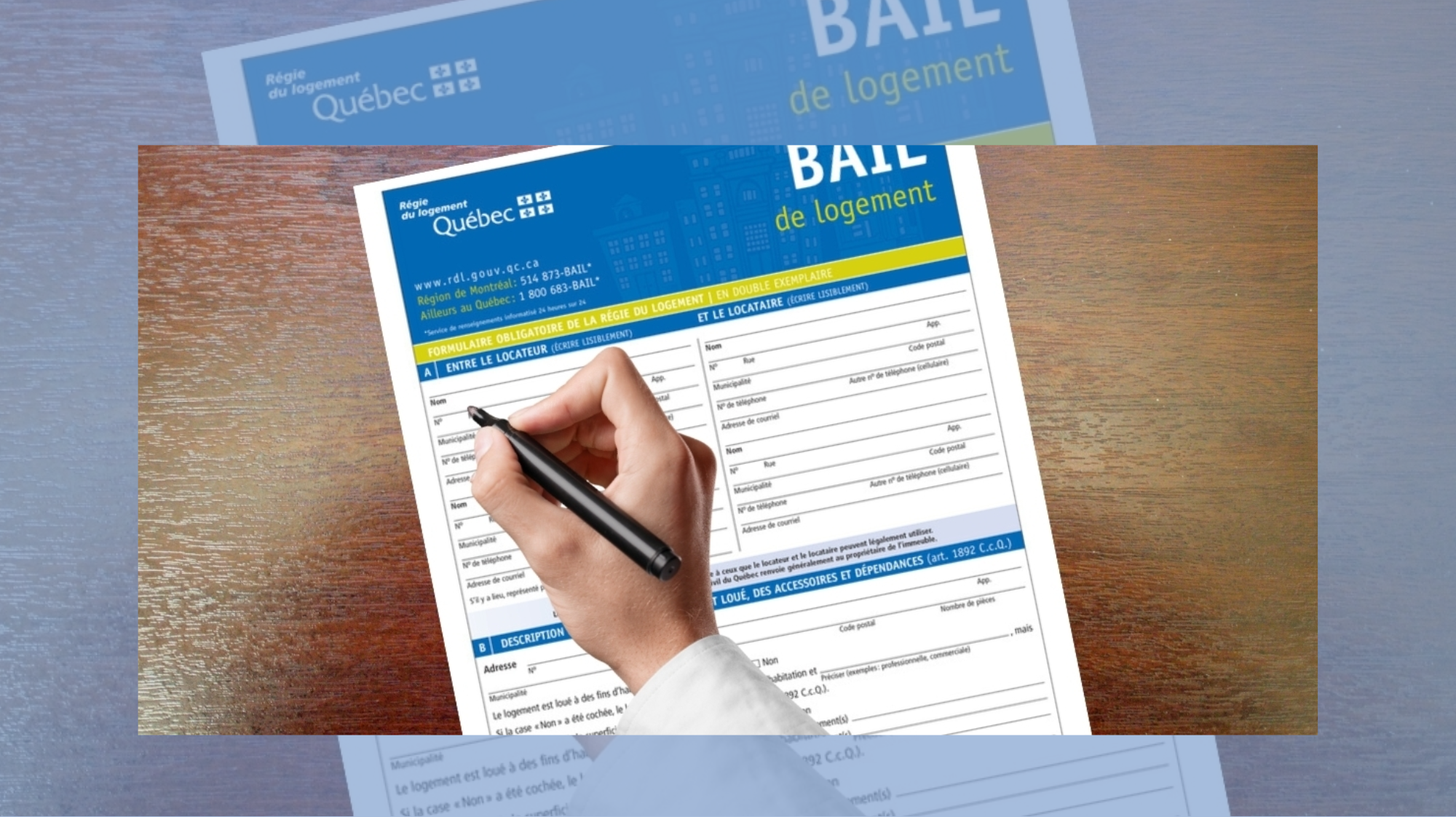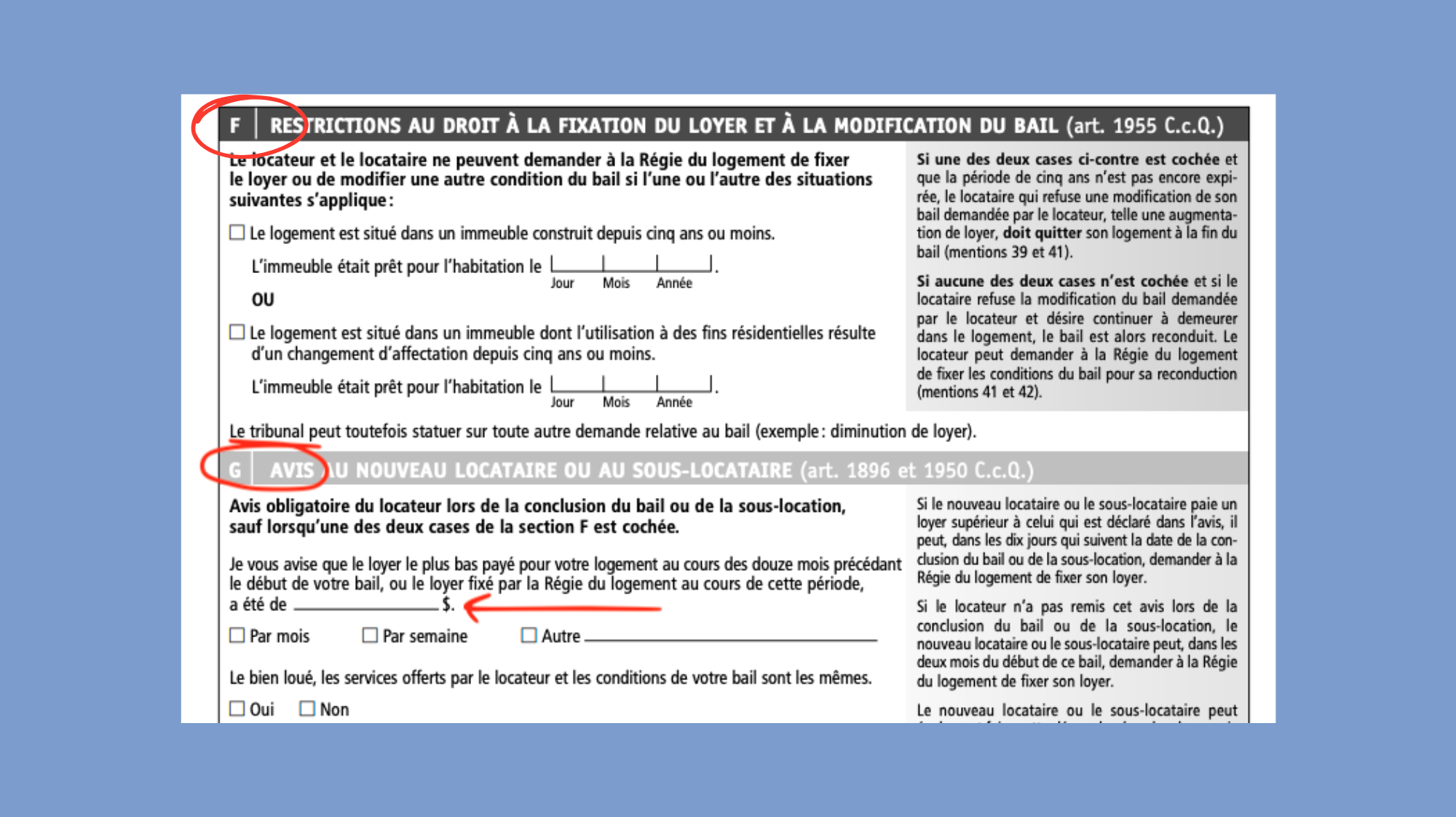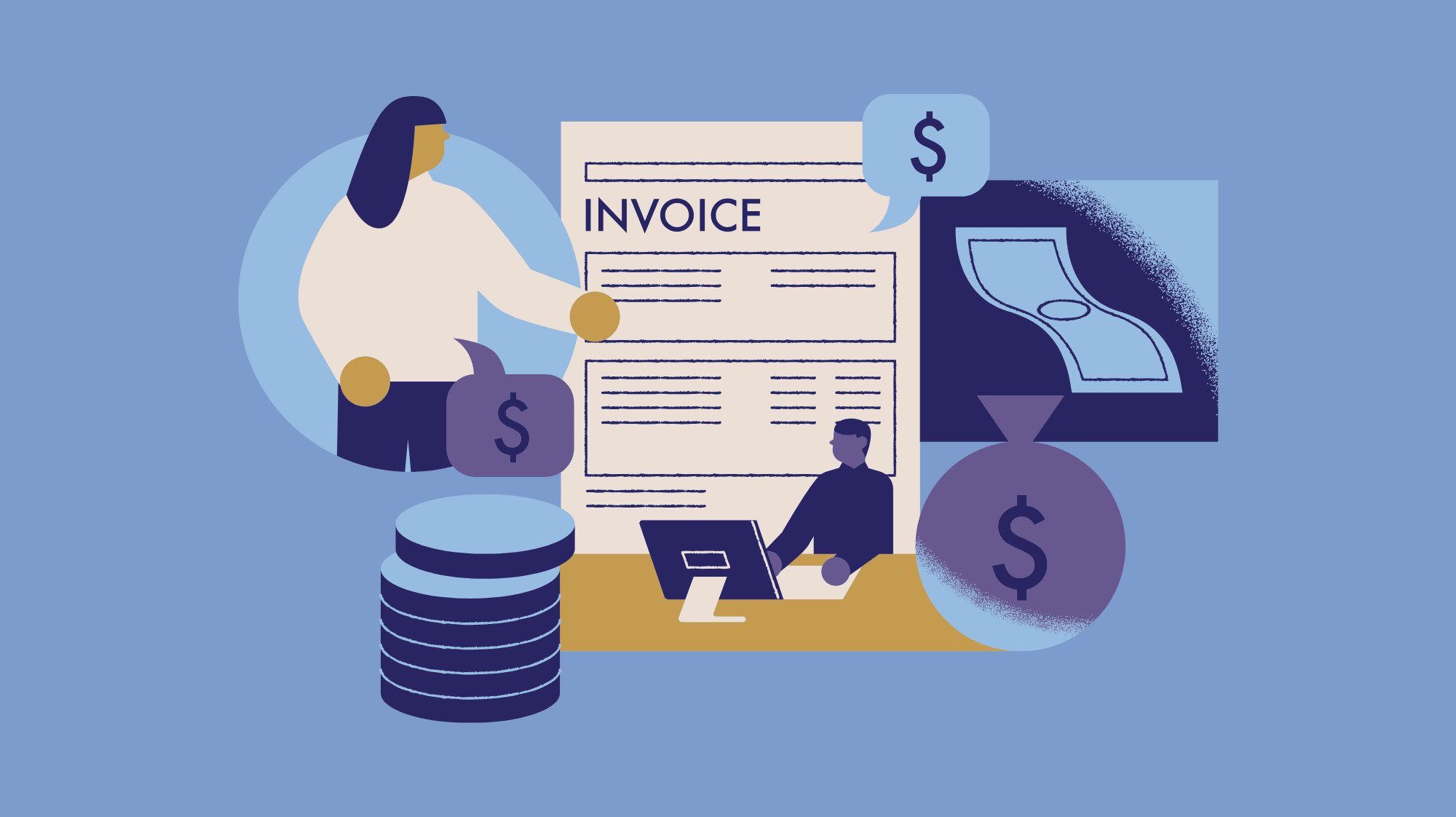It’s important to note that lease renewals are automatic and don’t require any specific notice by either the landlord or tenant. The landlord can modify certain conditions of the lease at the time of renewal, such as increasing rent, according to certain regulations governing these types of changes.
The exact processes that must be followed can be found on the website for the Tribunal administratif du logement:
Renewal of the lease and fixing of rent.
The Tribunal administratif du logement also prepared a short video explaining the process governing rent increases, although it is only available in French:
Rent increase.
For more information, you can also visit the following link:
Renewing a Residential Lease and Rent Increases.
Certain information must be included in any notice of modification to the lease for a dwelling.
- Clearly identify the modifications proposed for the lease renewal
- Indicate the three choices available to tenants:
- Accepting to renew their lease with the modifications
- Refusing the proposed modifications and renewing the lease
- Deciding to not renew the lease and leave the dwelling at the end of the lease
- Indicate how long the tenant has to refuse the proposed modification(s), which is one (1) month from the date on which the notice was received
- The conditions under which the tenant would be required to vacate the dwelling if they refuse the changes - The procedure to follow in order to refuse the rent increase
- The date the notice was sent and the landlord’s signature
The following template is provided by the Tribunal administratif du logement:
Notice of rent increase and modification of another condition of the lease
Additional information on how rent increases are calculated can be found here:
You can also consult the calculation tool to simulate rent increases:
If you decide not to renew your lease, the following template is provided by the Tribunal administratif du logement:
Notice of non-renewal of the lease by the lessee


